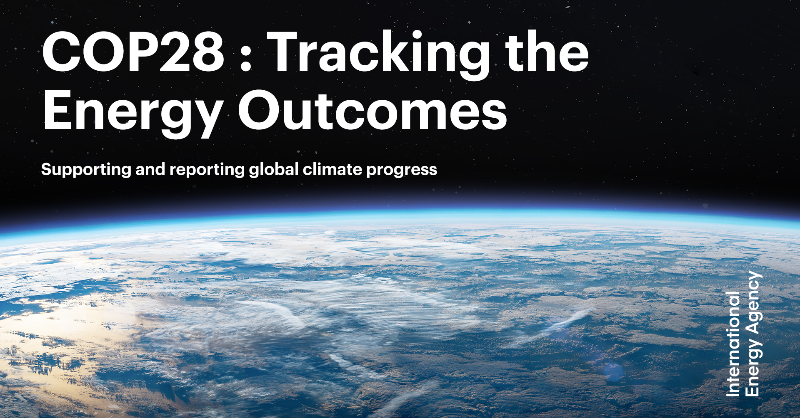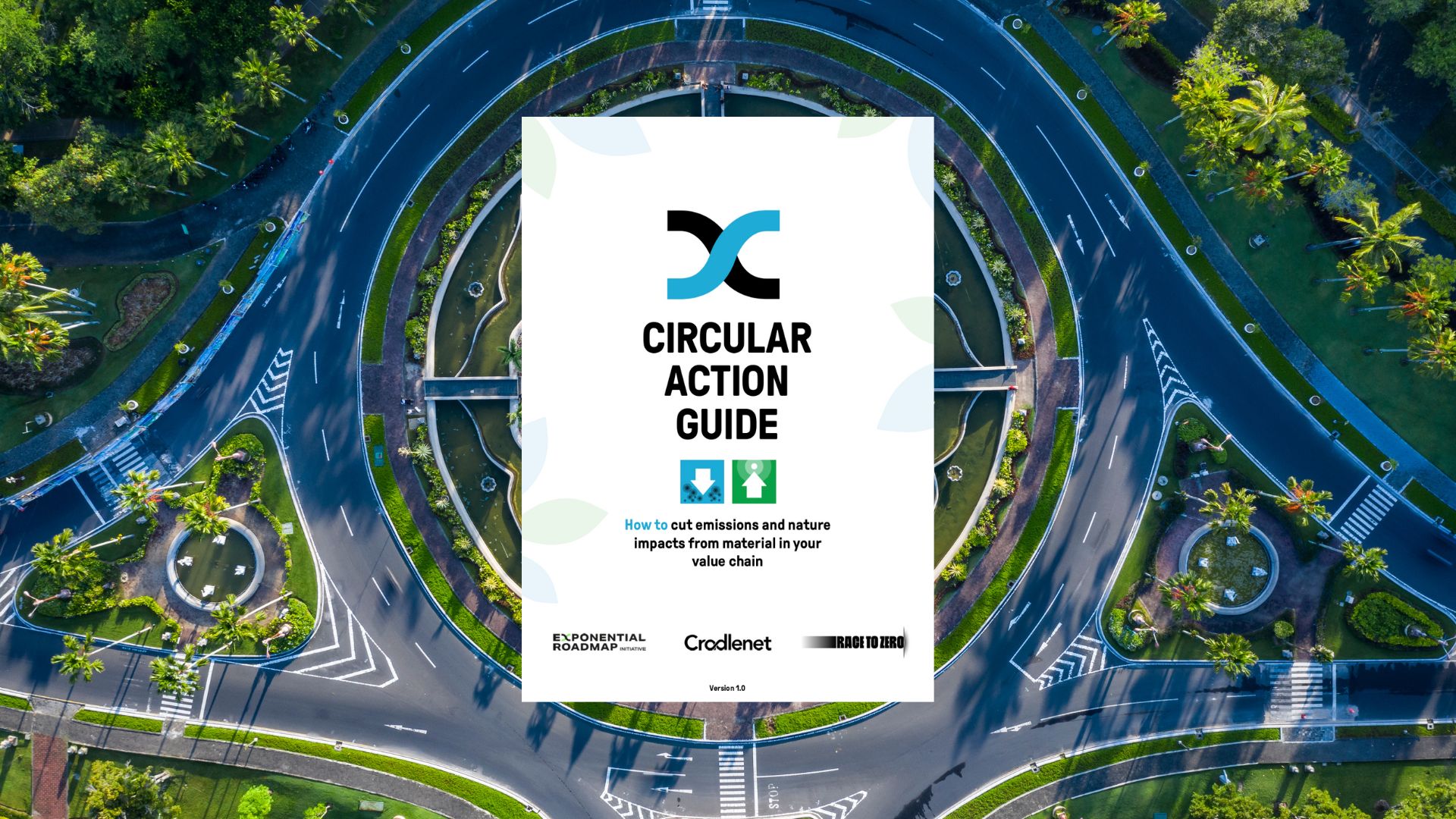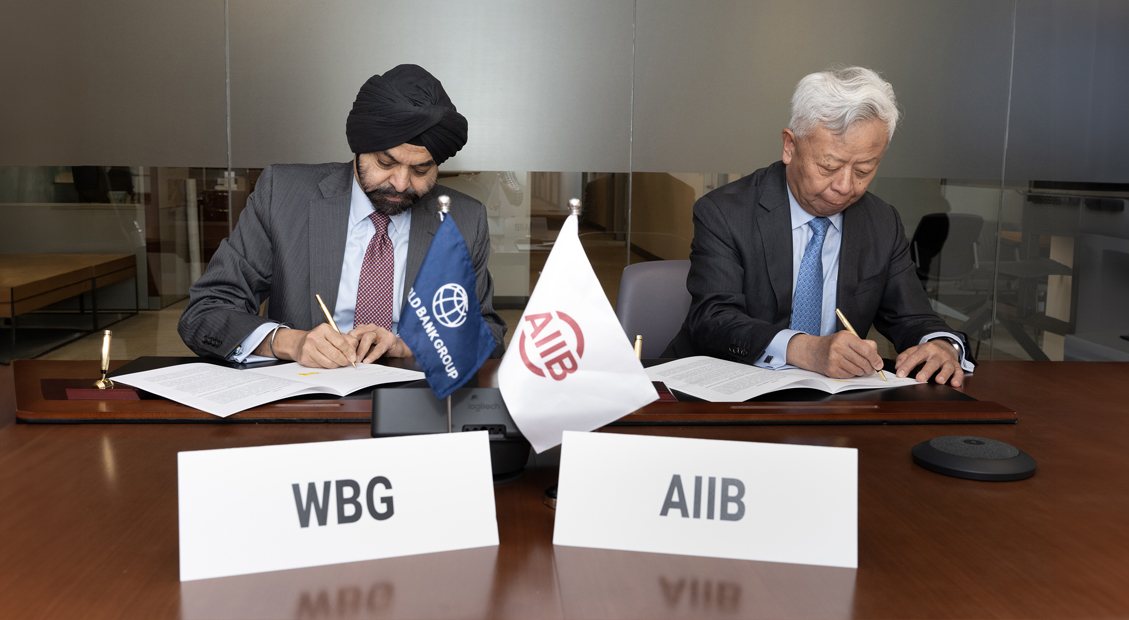Davos Agenda: What can we expect of 2022? Highlights and key takeaways

- The Davos Agenda 2022 virtual event took place 17-21 January 2022.
- It featured heads of state and government, CEOs and other leaders coming together to propose solutions to pressing global issues.
- The conversations focused on topics including the COVID-19 pandemic response, the global economic recovery, climate action, technological innovation and global collaboration.
- Discover all the event sessions and highlights here and follow the conversation on social media at #DavosAgenda.
- Read more about how businesses are acting on these issues here.
The year 2022 started with a note of uncertainty. The Omicron COVID-19 variant was spreading the globe, the risks of climate crisis loomed nearer, economic recovery and development seemed to stall, and the gap between the rich and the poor stretched even wider.
It was facing those overlapping global issues that the participants of The Davos Agenda 2022 came together virtually at the World Economic Forum this week to discuss their visions for the year ahead and share solutions.
The state of the world in 2022 may be beset by global challenges – but it is not without hope. Through global collaboration, public-private partnerships, new models and innovations, and a renewed sense of social responsibility we can create a more sustainable, inclusive and resilient world.
Here are the main messages and takeaways from The Davos Agenda 2022.
We are seeing challenges mounting from supply chain disruptions, to tectonic shifts in labour markets, to inflation figures which are of concern to policy-makers and individuals alike. The year ahead is a crucial one to work together, rebuild trust and shape a better and more inclusive future for all.
—Klaus Schwab, Founder and Executive Chairman of the World Economic Forum
Davos Agenda 2022 by the numbers
- 25 Sessions including 10 special addresses by heads of state
- 45k Global media mentions
- 7m Total views to the Forum’s website
- 3m Views to livestreamed sessions on website and social media
- 18m Views to social media videos covering the event
- 200 Articles by or about world leaders featured on Agenda
Pandemic response
Many of the special addresses and panel discussions during the Davos Agenda 2022 event confronted the ongoing COVID-19 pandemic, presenting lessons and offering ideas for continued pandemic response. The key message that emerged was the importance of vaccination and vaccine equity to end the pandemic.
Xi Jinping, President of the People’s Republic of China, started the week reminding us that the international community has already fought a “tenacious battle” against COVID-19 and that countries needed to continue working together to close the global immunization gap.
Experts in a panel on the future of COVID-19 were cautious that an end to the pandemic is in sight, with Annelies Wilder-Smith, Professor of Emerging Infectious Diseases, London School of Hygiene and Tropical Medicine, stressing that Omicron will not be the last variant. Yet they also outlined a way forward.
Richard Hatchett, CEO of CEPI, which co-leads COVAX, alongside Gavi and the World Health Organization, announced the milestone of COVAX delivering 1 billion vaccines doses and made the case for addressing the “last mile” of helping countries distribute COVID-19 vaccines and booster doses at speed. Stéphane Bancel, Moderna CEO, says he hopes to one day offer a single-dose booster for the flu and COVID-19. And Anthony Fauci, Chief Medical Adviser to the President of the United States, stressed that with continued collaboration, COVID-19 could become endemic, meaning it’s not totally eliminated but it no longer disrupts society.
A session on meeting the challenges of vaccine equity at Davos Agenda 2022 echoed these assessments. Mike Ryan, Executive Director of the WHO’s Health Emergencies Programme, said that while we may never end the virus, we can end the public health emergency – but to do that, we need an equitable distribution of vaccines.
Gabriela Bucher, Executive Director, Oxfam International, argued that inequality must be addressed to save lives and ensure pandemic recovery. And Yemi Osinbajo, Vice-President of Nigeria, warned that with just 10% of Africa’s people fully vaccinated, economic recovery on the continent is contingent on containing the pandemic through widespread vaccination.










